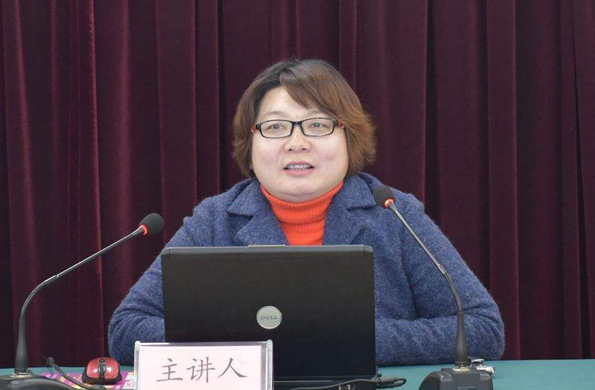Disaster movies display bond between nation and individual
 Disaster movies are usually about natural or man-made disasters, including earthquakes, floods, tsunamis, freezing temperatures, snowstorms, mudslides, plagues, famines, mining disasters and airplane accident. They focus on disasters that have devastating effects on human beings and their living environments, even on the human race itself.
Disaster movies are usually about natural or man-made disasters, including earthquakes, floods, tsunamis, freezing temperatures, snowstorms, mudslides, plagues, famines, mining disasters and airplane accident. They focus on disasters that have devastating effects on human beings and their living environments, even on the human race itself. In the 21st century, Chinese disaster movies have taken a remarkable stride forward. While recounting the damages caused by disasters, and how humans conduct disaster relief activities, these movies have struck chords with audiences by portraying generosity and heroism through narrative strategies and plots based on real-life stories.
Beginning with the misfortune suffered by one Chinese family, the film Tangshan Earthquake tells a story of a daughter’s emotional experience evolving through anger, disappointment and grief—because the mother chose to rescue her younger brother in the earthquake instead of her—to guilt, understanding and relief. In the end, the emotional trauma between mother and daughter is finally soothed and healed. This film takes the family as the carrier of the individual’s emotional growth and discusses the issue of rebuilding one’s heart while rebuilding the homeland in a post-disaster era.
The Confucian idea that “the cultivation of moral character and the proper management of family are the premise for governing a country and bringing peace to the nation” mirrors the internal relationship between one’s family and nation. Family and nation are integrated with each other—this gives rise to the holistic view and systematic thinking that are unique to the Chinese people, to whom sacrificing for one’s country and giving up their own lives in time of danger constitute a special cultural identity and set of values.
Disaster movies often set up this dual framework of family and nation. In the dramatic conflict and opposition between the two, the ethical principle that the nation comes before the family ensues. The advent of disaster often reflects a cross-section of society and life, and it demonstrates patriotism, collectivism and heroism.
Such films as Tempestuous Storm, Profoundly Affecting and The last Great Wall can be regarded as heroic epics. They shape the public images of contemporary Chinese medical workers, soldiers, scientists, volunteers, journalists, etc. They vividly illustrate the Chinese spirit of tackling difficulties head-on and the Chinese belief that “unity is strength.” Tempestuous Storm takes the flood control and rescue that was conducted in China in 1998 as the background, and it tells the story of the army and people fighting bravely in face of the largest flood in a century. In depicting the heroic feat, the relationship between family and country is elucidated.
Set during the fight against SARS in 2003, the film Profoundly Affecting is about a female military surgeon. After receiving an emergency order, she catches a train to join the rescue operation despite the exhortations of her mother, who has already fallen ill while battling the epidemic. The movie places the story in the context of family-nation integration, which becomes the spiritual bond of national cohesion.
Throughout ancient times, Chinese sages never stopped ruminating about the nature of family and the nation. As Mengzi said, “the root of the world is in the state, the root of the state is in the family, the root of the family is in cultivating oneself.” In the minds of the Chinese people, family and country are inseparable, and individuals have a high degree of respect for their country.
China is a vast country with frequent disasters. Displaying the harm disasters bring to humans, these movies also express the instincts for survival and fearless struggle of humans in the face of disasters. In addition, the values of pursuing common prosperity for humanity and transcending national boundaries are conveyed. As to this, disaster movies need to further explore the convergence point between Chinese and Western cultures, and they must unite common emotional pursuits for life, family and nation with Chinese culture.
Li Juan is from the Central Plains Culture Research Press at the Henan Academy of Social Sciences.
edited by BAI LE

 PRINT
PRINT CLOSE
CLOSE